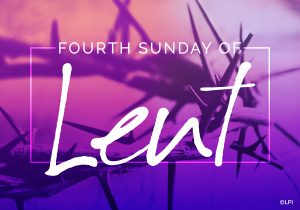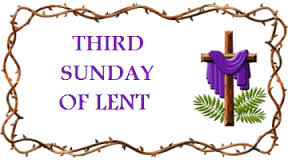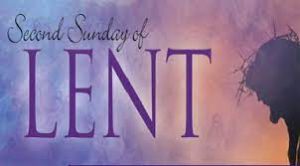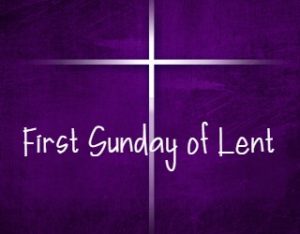Vigil of Palm Sunday
The contemporary author Thomas Moore writes: “The whole point of a good story is to give birth to other stories and to deep reflection.” The Palm Sunday liturgy, it seems to me, is a potpourri of themes and a roller-coaster of emotions: high hosannas, a supper with friends, an example of loving humility, washing of feet and later washing of hands, betrayal and mocking. A temptation may be to try to reflect on these events too much. So, a good choice may be to simply “sit with” the story as told by the evangelists. I’ll share a little of one of my reflections with you. It is a story of watching and waiting … and waiting … and waiting.
A crowd gathers as Jesus enters the holy city on this special day. It’s not unusual for this crowd but today they are “over the top” with exuberance. “Hosanna!” rings from the crowd. They frantically wave branches, spread their cloaks on the street and shout with joy. Then, days later the crowd does an about-face. Their shouts of joy turn to murderous clamor. No longer do they sing, “Hosanna in the highest.” As if from a snap of fingers, now the crowd shouts, “Crucify him!” Then suddenly in a flash, there is no crowd. There is only the tomb and two of his closest friends.
We linger with Mary Magdalene and the other Mary as they remain sitting there facing the tomb. It seems the end. There is only the Lord, placed in the tomb. We sit quietly, silently.
And waiting, waiting, waiting. One can only imagine the depth of our sorrow. We must appear to be graveyard statues blending with the gravestones. Mystified. Not understanding the work of the Lord. But we are so bound to him by love that not even death can pierce our loyalty. Oh! The wonders we have seen (even still see) bind us all the more to him. Now is not the time to abandon him. Now is not the time to turn from faith. Now is the time to cling to him – to comfort Him. We refuse to be cut off from our Lord!
The Lord has so much more for us. The Lord will not be bound by death! Yes, we are two of his friends seated beside the tomb donated by the rich man Joseph of Arimathea. We are shaken by our loss and what we’ve witnessed. We can’t take in what is happening because we do not yet see all that will come to be. However, we are determined we will not turn our backs on Jesus. We will not be among those who forsake him.
These last few days of Lent 2024 we will use our precious time alone. We will spend time with our King, our Jesus. May our hearts reach out to him. May our minds gaze upon him. For if we remain with him, watchful and waiting, we will not miss the glory He intends to reveal to us at Easter.
~by Sister Roberta Bailey, OSB
Continue Reading






